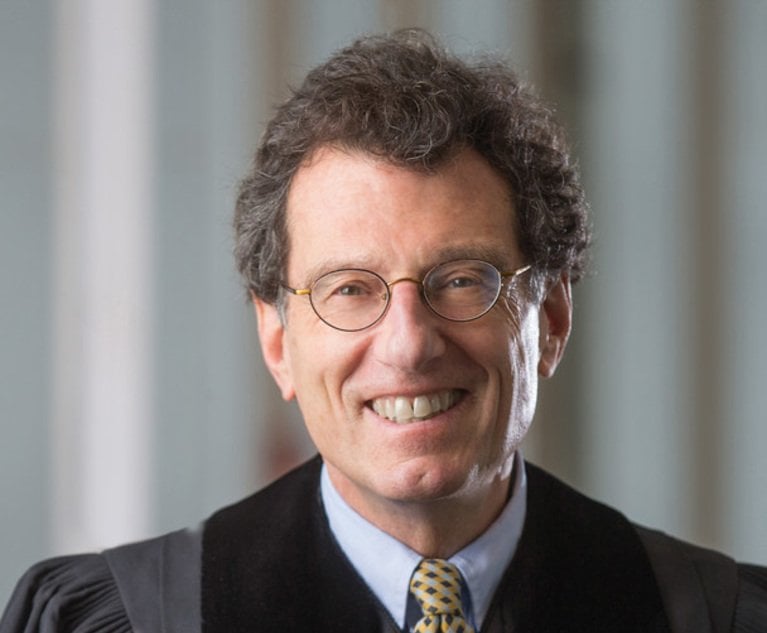At the beginning of the third and latest trial over alleged toxic properties of Roundup, plaintiffs lawyers asked a judge to prevent Monsanto Co. from advertising that its weed killer was safe. Their motion for temporary injunction focused on a full-page ad in The Wall Street Journal on the first day of voir dire, but that wasn’t what alarmed them the most—in court, they brought up another, more cutting edge, marketing practice: geo-fencing.
Geo-fencing is a digital marketing tool that allows companies to send pop-up advertisements to cell phone apps within a designated geographical area—in this case, according to plaintiffs attorneys, the courthouse in Oakland, California, where the third Roundup trial is ongoing. At an April 4 hearing, plaintiffs’ attorneys told the judge that Monsanto’s advertising activities were akin to juror tampering and asked to prohibit geo-fencing within a quarter of a mile of the courthouse.
This content has been archived. It is available through our partners, LexisNexis® and Bloomberg Law.
To view this content, please continue to their sites.
Not a Lexis Subscriber?
Subscribe Now
Not a Bloomberg Law Subscriber?
Subscribe Now
LexisNexis® and Bloomberg Law are third party online distributors of the broad collection of current and archived versions of ALM's legal news publications. LexisNexis® and Bloomberg Law customers are able to access and use ALM's content, including content from the National Law Journal, The American Lawyer, Legaltech News, The New York Law Journal, and Corporate Counsel, as well as other sources of legal information.
For questions call 1-877-256-2472 or contact us at [email protected]


 Photo: NoDerog/iStockphoto.com
Photo: NoDerog/iStockphoto.com





